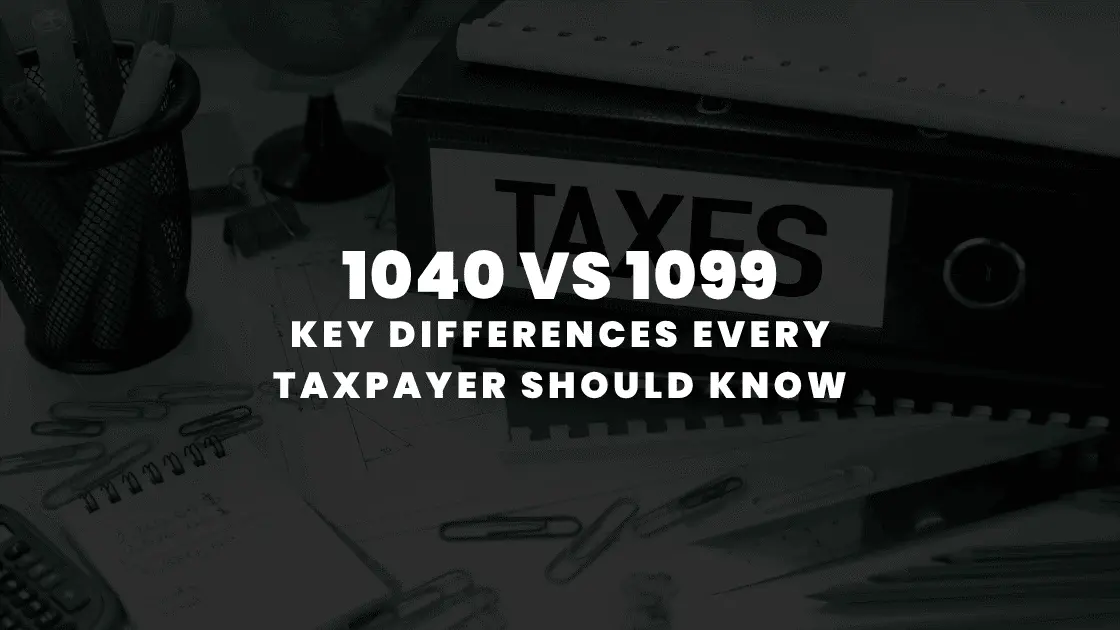November 4 2025 | By Raza Agha | 6 minutes Read

Why Business Startup Tax Write-Offs are Valuable?
Common Startup Expenses You Can Write Off
1. Professional Services
2. Office Supplies and Equipment
3. Marketing and Advertising
4. Travel and Meals
5. Employee and Contractor Payments
6. Home Office Deductions
What Are Tax Credits?
1. Research and Development (R&D) Tax Credit
2. Small Business Health Care Tax Credit
3. Work Opportunity Tax Credit (WOTC)
4. Disabled Access Credit
How To Claim Credits and Tax Breaks For New Businesses
Strategic Use of Business Startup Tax Write-Offs
Don’t Miss Out on the Long-Term Benefits
Starting a business is exciting, right?
There’s innovation, there’s growth potential, and the thrill of building something from scratch. But amid all the planning, entrepreneurs often miss a major opportunity to improve their financial health by fully benefiting from tax deductions and credits available to them.
This is why understanding business startup tax write-offs can make a huge difference in managing costs, improving cash flow, and comes handy during those critical early years when two-thirds of startups in the US fail.
In this blog post, we will tell you about the most important tax write-offs and credits available to startups, how you can qualify for them, and how you can then use them to reduce your tax burden while staying compliant.
Source: acuity.co
When you launch a new business, your initial investments whether for research, marketing or hiring, can quickly add up. Fortunately, though, IRS allows startups to deduct a portion of these costs. These tax write-offs aren’t just about saving money, they also allow you to reinvest more of your capital back into the growth your business.
Under IRS guidelines, eligible startup expenses fall into two categories:
You can typically deduct up to $5,000 in startup costs and another $5,000 in your first year, provided your total expenses don’t exceed $50,000. Any remaining balance can be amortized over 15 years.
Let’s let at the most common categories where new businesses can claim deductions:
Hiring experts such as lawyers, accountants, startup tax experts, or consultants before launch can be deducted as startup costs. These services help you establish compliance, structure, and financial clarity.
Items like computers, software, office furniture, and even phones used for business purposes are considered supplies and equipment and are deductible. For larger purchases, Section 179 of the IRS code allows you to deduct the full cost of qualifying equipment immediately rather than depreciating it over time.
Launching your brand involves costs such as website creation, digital ads, brochures, and other promotional materials. These are all valid deductions as they directly relate to generating business income.
If you travel for client meetings, training, or business development, you can deduct transportation, lodging, and 50% of meal expenses. However, documentation is essential to prove the travel was indeed business related. Always keep receipts and travel logs.
Wages, salaries, and benefits for employees as well as payments made to independent contractors are all deductible as business expenses. This also includes payroll taxes and employer contributions.
Many startups begin at home. If you use part of your home exclusively for business, you may qualify for a home office deduction based on the percentage of your space used for work. Talking to a tax professional to understand this deduction can help you maximize your benefits.
While deductions reduce taxable income, startup tax credits directly reduce the tax you owe, dollar for dollar. For startups, these credits can be game changers.
The R&D tax credit is one of the most valuable incentives for startups focused on innovation. It rewards companies that develop new products, improve existing ones, or enhance processes.
Under Section 41 of the Internal Revenue Code, eligible expenses include wages for R&D staff, costs of materials used in experiments, and cloud computing expenses for software testing.
Startups that have been in operation for less than five years and generate less than$5 million in annual revenue can apply the credit, up to $250,000 annually, against their payroll taxes instead of income taxes.
If your startup provides health insurance to employees, you may qualify for the small business startup tax credit under the Affordable Care Act. To be eligible, you must:
This credit can cover up to 50% of your premium contributions, significantly reducing healthcare costs.
The WOTC incentivizes businesses to hire individuals from specific target groups, such as veterans, or long-term unemployed workers. Depending on the employee’s category and hours works, the credit ranges from $1,200 to $9,600 per hire.
If you make your business premises more accessible for people with disabilities, such as installing ramps or specialized software, you may qualify for this credit. It typically covers 50% of eligible expenses up to $10,000.
The process to claim tax credits and breaks for new businesses varies depending on the type of opportunity, but generally:
If your business operates as a partnership or S Corporation, these credits typically pass through to owners, reducing their individual tax liability. A startup tax and accounting expert can better help you understand the nitty gritty details.
Here are a few strategies to make the most of your deductions:
Dealing with tax incentives can seem difficult at the beginning of your business. But understanding the write-offs and small business startup tax credits is essential for long-term benefits that no entrepreneur wants to miss. And these aren’t just bookish talks for accountants, in fact founders who want to reinvest in their business and maximize their savings also keep an eye on the business startup tax write-offs.
If you’re unsure how to make the most of these credits and deductions, it’s smart to work with financial experts who specialize in startup accounting. At Monily, we have some of the best minds ready to help you navigate the world of startup tax credits with confidence.
Book a consultation with us and let us help you maximize every dollar you spend in your startup.
Subscribe for business tips, tax updates, financial fundamentals and more.
MORE BLOGS

Running a small business means every dollar matters. You work hard to earn revenue, manage expenses, and grow steadily, yet tax time often feels like money […]
Learn More →
Starting a business is quite thrilling, until tax season arrives. For founders, understanding the nitty gritty of startup taxation can make a difference between financial efficiency […]
Learn More →
Tax season can be overwhelming, especially when you’re staring at multiple forms with numbers instead of names. Two of the most common, and often misunderstood, are […]
Learn More →